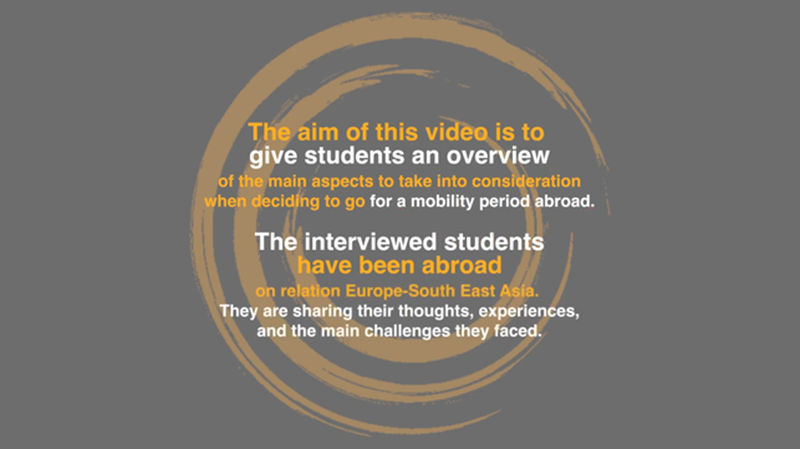TOOLKIT intended to contribute to the enhancement of the international dimension of Asian HEIs by developing tools that can be available for exploitation. These tools should have been represented by two MOOCs, one Helpdesk for project management, and one policy paper.
Exploiting e-learning technologies and methodologies can be strategic in supporting education and teaching activities, in particular in developing countries. Some of the well-known advantages of e-learning are mainly based on the opportunity of earning skills, knowledge, and degrees, while working or studying on your own schedule, without the need of attending classes or meetings in person. Students’ benefits could be grouped in the following elements:
- Cutting out expenses.
- Limiting logistical issues.
- Flexible scheduling in terms of coursework and lectures, limiting time traveling.
By using online tools, TOOLKIT aims at reaching the largest community of students and academics in Asian countries in order to disseminate the project’s outcomes. By accomplishing this objective, in fact, it will provide a relevant contribution to the enhancement of the internationalization strategies utilized by Asian HEIs.
6.1. TOOLKIT’s MOOC for Asian University leadership
The aim was raising awareness, among Asian University leadership, that the international strategies are not a goal in itself but a means to modernize the university structure in its research and teaching components. Thus the building up of the international dimension is a process involving all the university community; it makes progress and reaches new goals when it is integrated in the university strategic planning and it takes account of both institutional, central drives and departmental objectives in a combination of top down and bottom up approaches. To this end, the Consortium was originally expected to design a set of MOOC modules for Rector, Vice rectors and Professors who are engaged in developing projects related the internationalization of HE or in designing students’ mobility schemes. Due to the particular situation, initially because of the spread of the Covid-19 pandemic, followed by the political disorders who invested two of the three the Partners Countries, the activities unfortunately could not be carried out.
6.2. TOOLKIT’s MOOC for Asian Students
The aim was promoting and preparing students to a mobility experience. Students are in fact the ultimate beneficiaries of any project, action pertaining the internationalization of Higher Education. Thus, their involvement is crucial to the sustainability of any internationalization strategy.
Due to the particular situation, initially because of the spread of the Covid-19 pandemic, followed by the political disorders who invested two of the three the Partners Countries, the activities unfortunately could not be carried out. In spite of the situation, in this case the Consortium tried to do its best in order to provide students as the ultimate beneficiaries of the enhancement of Asian HEIs internationalization, with a tool which might be useful for them when deciding to go for a mobility period abroad.
The Consortium agreed to produce a Video Tool for Students' mobility collecting information and interviews by students who experienced a mobility period abroad, from Asia to Europe and vice versa. Students have been asked to describe their experience and give advice on the 3 main subjects initially foreseen in the MOOC's modules.
The video is available in the box below.
6.3. TOOLKIT’s Virtual Map of International Donors
The Consortium agreed to develop a virtual map of international donors more active in the Asian Countries with description of donors, programmes and kind of calls including their timeline.
The Map is available on the project's website and on the Partner Universities institutional websites for the future use of the IRO Staff and the other staff members dealing with internationalization. This tool will give the Asian Partners the opportunity to keep trace of the available opportunities from different funding bodies and to easily access them. The tool will be periodically updated by the consortium partners.
The TOOLKIT's Virtual Map of International Donors in available here.
6.4. TOOLKIT’s Policy Paper
The main topics of this policy were initially meant to revolve around how the pandemic has changed the panorama of IROs in the Asian context, what are the new trends, opportunities offered by virtual mobility and the new Erasmus+ programme for collaboration between Asian HEIs and EU HEIs.
Due to the particular situation, initially because of the spread of the Covid-19 pandemic, followed by the political disorders who invested two of the three the Partners Countries, the activities unfortunately could not be carried out.

